A recent Supreme Court ruling, hailed as a “momentous decision for company law”, has examined when the directors of a distressed company owe duties to the company’s creditors.
In BTI 2014 LLC v Sequana SA and Others [2022] UKSC 25, the Supreme Court helped to clarify the grey areas around what has long been termed the “grey zone”: when a company nears insolvency and its directors should at some stage switch from prioritising shareholders to prioritising creditors.
The Supreme Court ruling confirmed that directors owe a duty to creditors when insolvency is “imminent”, rather than when insolvency is merely possible, or that there is a real but remote risk of insolvency.
The facts of the case arose from a distribution made by Arjo Wiggins Appleton Ltd to its parent company, Sequana SA. Several years later, Arjo Wiggins Appleton Ltd entered into insolvency owing to a contingent liability that was greater than originally estimated when the distribution was made. A claim was brought against the directors that they had breached their duty towards the creditors by making the distribution, even though the company was trading solvently at that point.
Clearing up confusion
The ruling brought together the strands of directors’ duties under section 172 of the Companies Act 2006, the wrongful trading provisions in the Insolvency Act 1986 and the ruling in West Mercia Safetywear Ltd v Dodd [1988] BCLC 250 which had previously left it unclear as to when the interests of creditors should be considered.
The rationale for the duty is that since creditors take priority over shareholders in insolvency, as a company slides towards insolvency, the shareholders will no longer have an economic interest in the company, so the directors should switch their duties to the creditors who do have an economic interest.
This issue has significant implications for corporate governance. If directors were required to consider the duties of creditors as soon as a company became distressed – or even when it might become distressed in future – this would open directors to a raft of claims and hamper their ability to make decisions. Conversely, if directors did not have a duty to creditors until the company was actually insolvent, this could lead to shareholders being prioritised over creditors even when they have no economic interest in the company.
So, have directors completely stepped out of the grey zone?
Not quite. As is often the case with precedent-setting decisions, what is omitted is often as important as what is “momentous”.
Indeed, you may think that the requirement that insolvency is “imminent” is still no clearer. Situations will be fact-specific, and directors of distressed companies will need to take advice and use their judgment.
As noted by Judge Lady Arden, who presided over the case, “the progress towards insolvency may not be linear and may occur not as a result of incremental developments but as a result of something outside the company which has a sudden and major impact on it”, meaning that directors may continue to find themselves in the “grey zone” when it comes to identifying when and how to prioritise and act in the interests of all stakeholders, including creditors.
The Leverets team has over 30 years’ experience acting for a variety of clients and businesses in insolvency matters. If you’re a director facing insolvency and have concerns about your duties and ability to act in the interests of every stakeholder, please get in touch.







